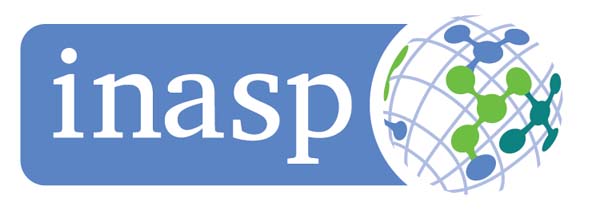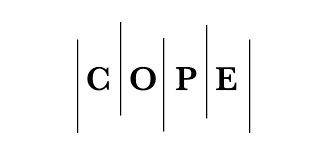Federated Learning for Credit Card Fraud Detection: A Privacy-Preserving Approach with Smote Optimization
DOI:
https://doi.org/10.29304/jqcsm.2025.17.32423Keywords:
Credit Card Fraud Detection, Federated LearningAbstract
Credit card fraud poses significant global challenges, costing financial institutions billions annually while evolving in sophistication. Traditional machine learning approaches for fraud detection face limitations in data privacy and scalability when dealing with distributed transaction data across multiple institutions. This paper presents a novel federated learning framework for credit card fraud detection that addresses these challenges while maintaining detection accuracy. Our approach leverages distributed machine learning across multiple client institutions (ranging from 5 to 260 clients) without requiring direct data sharing, thus preserving privacy. Through extensive experimentation, we demonstrated that our federated model achieved consistent accuracy (99% with 5–50 clients; 95–98% with 100+ clients) while effectively handling class imbalance through SMOTE integration (AUC = 1.00). The system showed particular effectiveness at mid-range client participation (10–50 clients), establishing an optimal balance between detection performance and computational efficiency. Compared to traditional centralized approaches and alternative data balancing methods (undersampling AUC = 0.97, oversampling AUC = 0.99), our federated solution provides superior privacy preservation without compromising fraud detection capability. The results indicate that this framework offers financial institutions a practical, scalable solution for collaborative fraud detection while maintaining strict data confidentiality requirements.
Downloads
References
Pundkar, S. N., & Zubei, M. (2023). Credit card fraud detection methods: A review. In E3S Web of Conferences (Vol. 453, p. 01015). EDP Sciences.
Adebayo, O. S., Favour-Bethy, T. A., Otasowie, O., & Okunola, O. A. (2023). Comparative review of credit card fraud detection using machine learning and concept drift techniques. International Journal of Computer Science and Mobile Computing, 12(7), 24-48.
Vogels, T., He, L., Koloskova, A., Karimireddy, S. P., Lin, T., Stich, S. U., & Jaggi, M. (2021). Relaysum for decentralized deep learning on heterogeneous data. Advances in Neural Information Processing Systems, 34, 28004-28015.
Reddy, V. V. K., Reddy, R. V. K., Munaga, M. S. K., Karnam, B., Maddila, S. K., & Kolli, C. S. (2024). Deep learning-based credit card fraud detection in federated learning. Expert Systems with Applications, 255, 124493.
Mienye, I. D., & Jere, N. (2024). Deep learning for credit card fraud detection: A review of algorithms, challenges, and solutions. IEEE Access.
BERHANE, Tesfahun, MELESE, Tamiru, WALELIGN, Assaye, et al. A Hybrid Convolutional Neural Network and Support Vector Machine‐Based Credit Card Fraud Detection Model. Mathematical Problems in Engineering, 2023, vol. 2023, no 1, p. 8134627.
Zareapoor, M., & Shamsolmoali, P. (2015). Application of credit card fraud detection: Based on bagging ensemble classifier. Procedia computer science, 48(2015), 679-685.
Khalid, A. R., Owoh, N., Uthmani, O., Ashawa, M., Osamor, J., & Adejoh, J. (2024). Enhancing credit card fraud detection: an ensemble machine learning approach. Big Data and Cognitive Computing, 8(1), 6.
Mniai, A., Tarik, M., & Jebari, K. (2023). A novel framework for credit card fraud detection. IEEE Access, 11, 112776-112786.
Aurna, N. F., Hossain, M. D., Taenaka, Y., & Kadobayashi, Y. (2023, July). Federated learning-based credit card fraud detection: Performance analysis with sampling methods and deep learning algorithms. In 2023 IEEE International Conference on Cyber Security and Resilience (CSR) (pp. 180-186). IEEE.
Downloads
Published
How to Cite
Issue
Section
License
Copyright (c) 2025 Hassan W. Hilou, Mohsin A. Ahmed , Shaymaa A. Dheeb, Ahmed A. Radhi, Zainab M. Khadim, Mohammed N. Majeed, Ali Ismail Jadaan

This work is licensed under a Creative Commons Attribution-NonCommercial-NoDerivatives 4.0 International License.













